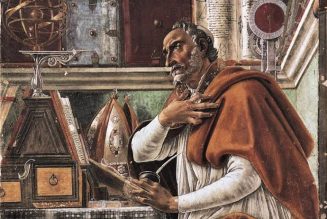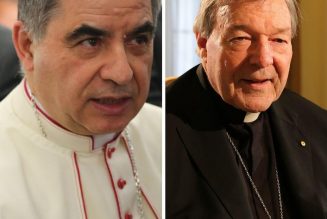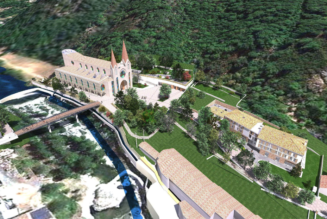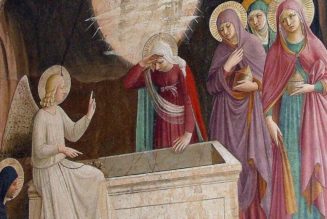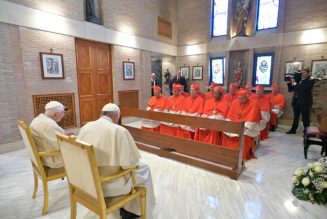
But the project of liberal Catholicism rarely has anything to say about how teachings that conflict with current-era liberalism might be better defended or shored up. Instead, the tacit presupposition is always that Catholicism needs adaptation or replacement wherever it falls afoul of progressive moral consensus, with the focus on specific issues a strategic rather than substantive narrowing of those ambitions. Individual advocates are obviously committed to particular issues — priestly celibacy, women in holy orders, intercommunion with Protestants, and so on. But for liberal Catholicism as a whole, each issue can feel like just a target of opportunity, with another set of targets waiting if it falls, and then another after that — with the list defined by the shifting preoccupations of boomer liberalism and millennial progressivism, not by a Catholic synthesis that stands meaningfully apart.
One natural retort is that the same is true of conservative Catholics, that my tribe just reflects a partisan conservatism at prayer. Sometimes it does, but I think the retort still fails on several grounds. For one thing, relative to conservatives, if not anti-Vatican II traditionalists, the liberal side is usually the side demanding the most overt changes to Catholic teaching, so it’s more of a difficulty if their agenda seems so clearly and exclusively drawn from sources external to the church.
For another, the recent conservative popes, Benedict and John Paul II, were not right-wing partisans by any standard, and their insistence that Catholic teaching transcends ideological categories contributes to the persistent unsettlement that conservative Catholicism feels in its relationship to partisan conservatism, partisan American conservatism especially.
Thus the recurring rebellions against economic libertarianism within the right’s coalition — Buchananite, “compassionate conservative,” “reform conservative” or now populist — usually reveal a Catholic influence. In Western intellectual life, the attempts to complicate right-wing orthodoxies with left-wing analysis, from Red Toryism to the Compact magazine project, tend to feature conservative or reactionary Catholics prominently. And if we’re talking about moral rebellion, the ranks of Never Trump conservatives also include a fair number of Catholic writers.
One can discount these tendencies toward religiously motivated heterodoxy; certainly, they have not won great victories. But their influence and persistence exceed any equivalent movement on the liberal side. Since the evanescence of the pro-life Democrat, there exists no liberal Catholic politics in the United States with any real distance from the secular-progressive kind — no organized faction within the left-of-center ecosystem that wants to marry economic populism and social conservatism, say, or pull Joe Biden’s liberal Catholic presidency away from its near-absolutist social-progressive positions. I know and admire people who fit this category — left-wing radicals with pro-life convictions, say. But the attempts to build a real movement around this combination of views are persistently stillborn. And I see little sign that many people in Catholicism’s liberal wing are particularly troubled by that failure.
![Why I’m Not a Liberal Catholic [NYTimes Paywall]…](https://salvationprosperity.net/wp-content/uploads/2023/06/why-im-not-a-liberal-catholic-nytimes-paywall-1050x600.jpg)

